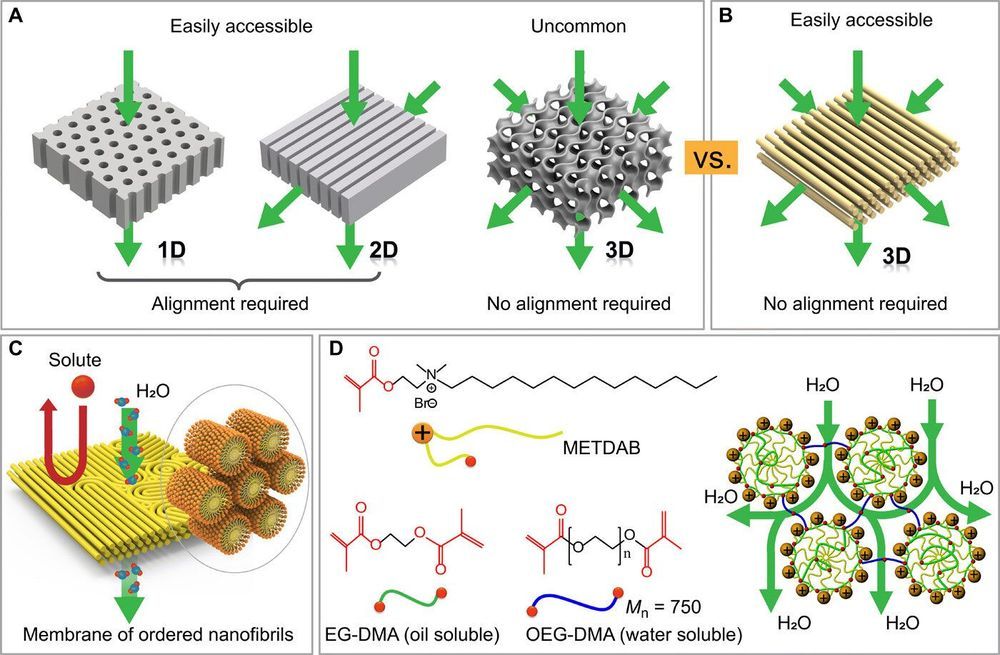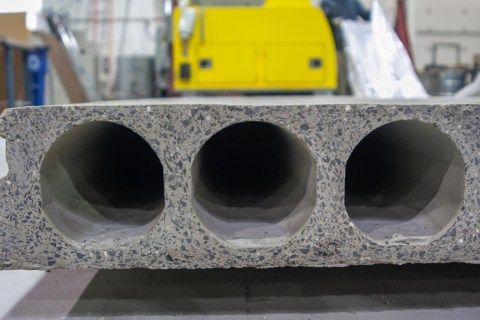In the 2015 movie “Chappie”, which is set in the near future, automated robots comprise a mechanised police force. An encounter between two rival criminal gangs severely damages the law enforcing robot (Agent 22). His creator Deon recommends dismantling and recycling the damaged police droids. However, criminals kidnap Deon and force him to upload human consciousness into the damaged robot to train it to rob banks. Chappie becomes the first robot with the human mind who can think and feel like a human. Later, in the movie when his creator Deon is dying, it’s Chappie’s turn to upload Deon’s consciousness into a spare robot through a neural helmet. Similarly, in the “Avatar” a 2009 Hollywood science fiction, a character in the film by name Grace connects with Eiwa, the collective consciousness of the planet and transfers her mind to her Avatar body, while another character Jake transfers his mind to his Avatar body rendering his human body lifeless.
Mind uploading is a process by which we relocate the mind, an assemblage of memories, personality, and attributes of a specific individual, from its original biological brain to an artificial computational substrate. Mind uploading is a central conceptual feature of many science fiction novels and films. For instance, Hanson’s book titled “The Age of Em: Work, Love and Life when Robots Rule the Earth” is a 2016 nonfiction book which explores the implications of a future world when researchers have learned to copy humans onto computers, creating “ems,” or emulated people, who quickly come to outnumber the real ones.








